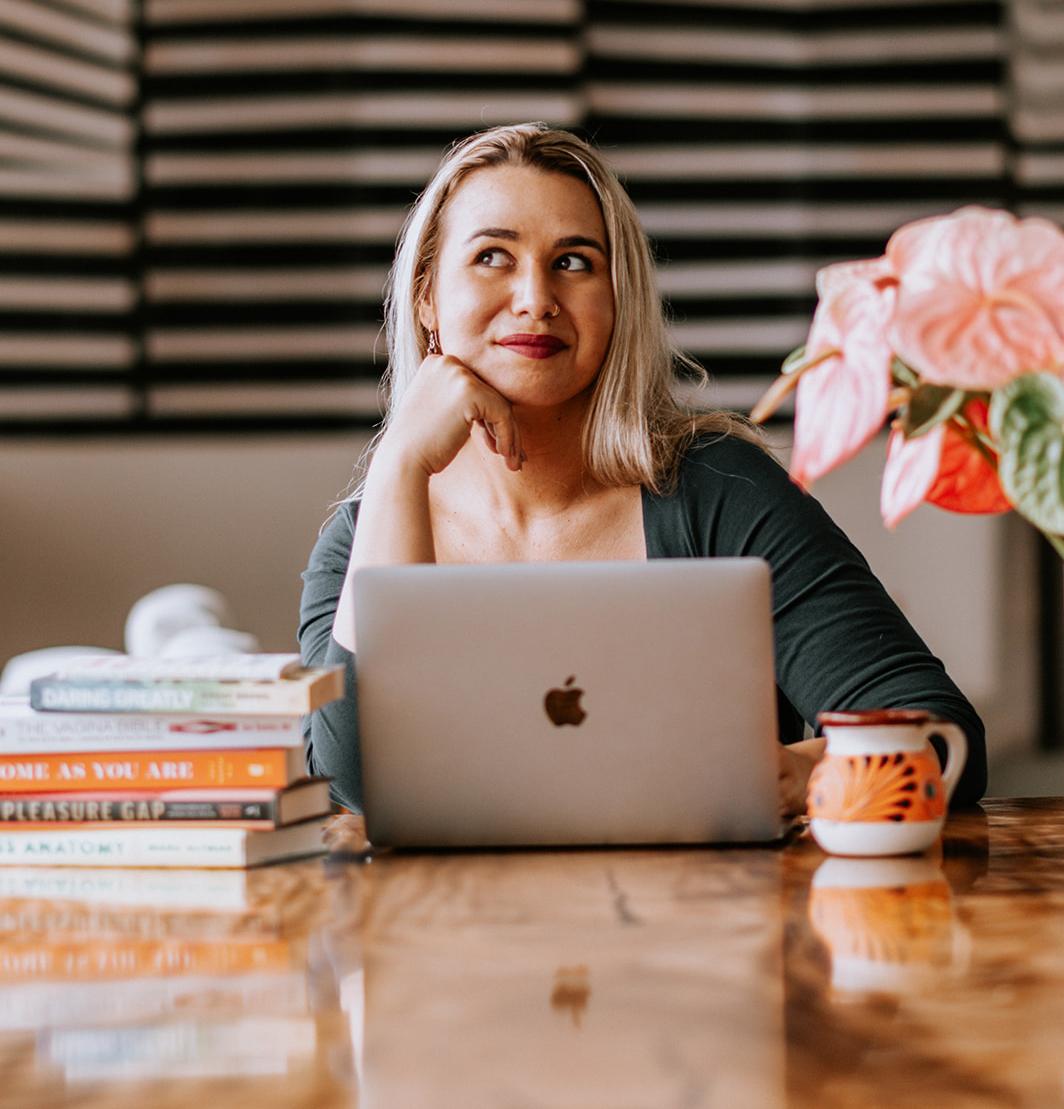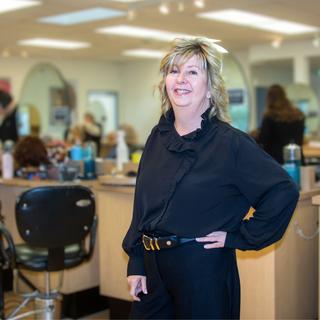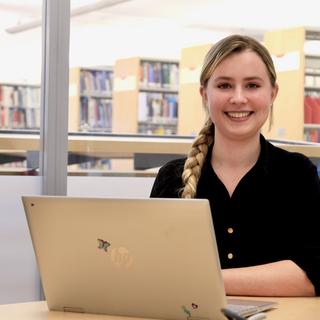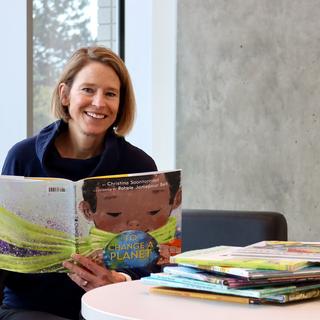Dr. Sara Vogel is VIU’s 2024 Fulbright Canada Visiting Research Chair in Indigenous Studies. Elima Moses photo
Dr. Sara Vogel joins VIU as the 2024 Fulbright Canada Visiting Research Chair in Indigenous Studies.
Dr. Sara Vogel believes sex education is vital for a healthy society but said people don’t have venues to talk about it or learn how to develop healthy sexual habits.
Vogel is Vancouver Island University’s (VIU’s) 2024 Fulbright Canada Visiting Research Chair in Indigenous Studies. During her residency at VIU, she will focus on sexual education that highlights Indigenous values embedded into the curriculum. Vogel, a Native Hawaiian, is the Title IX Coordinator at Hawai’i Community College and Lead Educator and host of the podcast Ladybits and Leadership. She’ll pursue her research at VIU over the next four months.
“Sex is influenced by culture. We need to have culturally appropriate and relevant research and conversations on sexuality so that these important conversations resonate with different populations,” said Vogel. “As a Hawaiian woman, as an Indigenous woman, I understand that we have a large history of violence against our communities, especially as it relates to sex and intimate partner violence. We need to tackle those issues head-on and not just by regurgitating and spouting the data of violence that’s being done to our community.
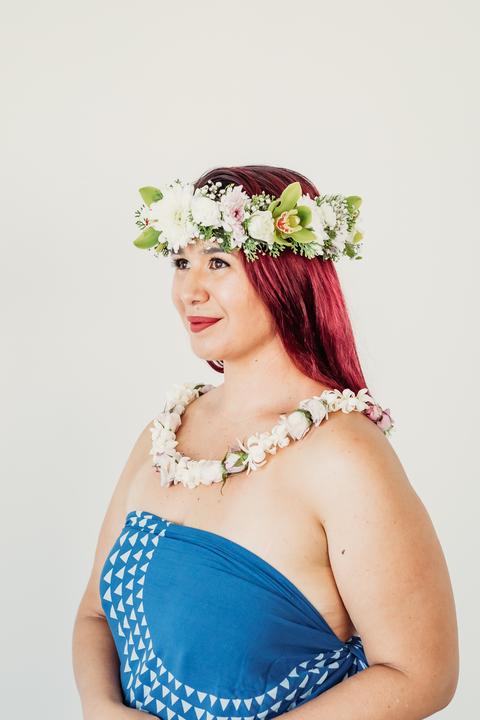
Vogel said there needs to be new, proactive approaches to sexual education. She is researching ways of educating young people in their pursuit of defining and developing concepts of healthy relationships. Her research revolves around three pillars: democratizing, decolonizing and Indigenizing sexual education. This includes normalizing these conversations, not just in intimate relationships but also among families and children.
Vogel says sex education should be everywhere: in the school systems, in media, in communities and in conversations around the dinner table. She said getting comfortable talking about sex helps battle the erotophobia that came about because of colonization in both Canada and the United States. Sex-positive conversations are needed, said Vogel.
“Decolonization is about understanding those threads, specifically the negative messages that were not our own as Indigenous people and deciding whether or not they serve us as individuals and as communities,” said Vogel. “We are looking for the way rape culture is embedded into our society and looking for threads that take away our individual power to accept our sexuality. And to Indigenize is to put Indigenous voices and Indigenous research at the forefront when we’re looking at sexual wellness and education.”
Vogel said it’s important for her to use her voice, agency, power and access to resources to spread knowledge that is important for Indigenous communities to hear.
“We weren’t always ashamed of our bodies. We weren’t always ashamed of our sexuality. We’ve been taught to hate ourselves and our bodies and not to talk about sex,” she said.
To Vogel, democratizing sexual education involves seeking out Indigenous scholars and elevating their voices on platforms such as her podcast and social media.
“The more space we can give toward sexual education in a free, easy-to-understand way the more it will open up people’s minds so they can think differently about how they relate to their sexuality,” said Vogel. “At the end of the day, what I hope for with my research is that I can be one voice in a chorus of many people doing this work and saying it doesn’t have to be this way. It’s going to change for the better if we make that radical decision to make conversations about sex a priority and to make our bodies and our wellness a priority.”
Vogel is hosting a Soup and Bannock Lunch and Learn called Ancestral Orgasms: Finding Our Way Back to Power and Pleasure on April 9, from 11:30 am to 12:50 pm, in the Trades Discovery Centre, Building 108. The soup will be served from 11:30 am to 1 pm, and the talk is from noon to 12:50 pm. During this presentation, she’ll discuss the power and perils of discussing orgasms on college campuses and how we can look to our ancestors to find empowered narratives regarding bodies and sexuality.
-30-
Media Contact:
Rachel Stern, Communications Officer, Vancouver Island University
C: 250.618.0373l E: Rachel.Stern@viu.ca | X: @VIUNews
The VIU community acknowledges and thanks the Snuneymuxw, Quw’utsun, Tla’amin, Snaw-naw-as and Qualicum First Nation on whose traditional lands we teach, learn, research, live and share knowledge.

